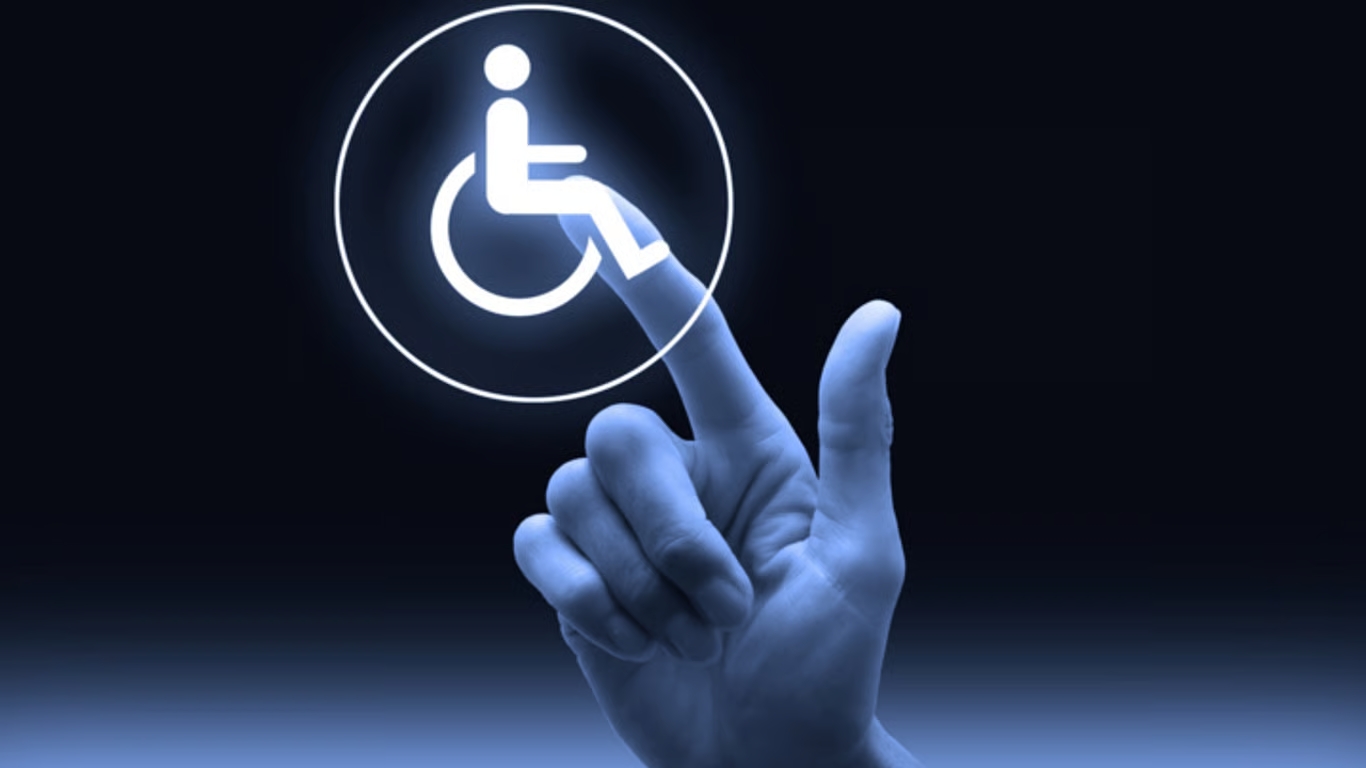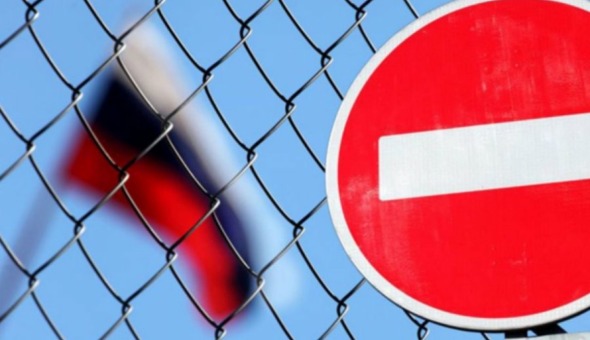
In working life, people with severe disabilities should benefit from special state protection, because it is difficult for them to compete on the labor market with those who have minor physical limitations. Those people with disabilities and group I have a huge number of problems and obstacles in employment. It is easier for specialists with III disability group to get a job.
During the round table: “Employment of People with Disabilities: European Perspectives in Ukraine”, Yulia Resenchuk, the President of the “Association of an Inclusive Country” Charitable Organization, has been the head of this organization for 10 years, which helps people with a severe form of disability to find employment.
“We have been working for more than 20 years and the topic of employment has always been a cornerstone of our organization’s activities. I have a disability too and move around in a wheelchair. My many years of experience as a public figure in this field, as well as my personal experience as a person with a disability, have demonstrated all the employment problems faced by people with a severe form of disability.”
Resenchuk named the main problems faced by people with a severe form of disability:
“Firstly, it is a bias against the abilities of people with a severe form of disability in employment. The second is the unavailability of public infrastructure and services, lack of reasonable arrangement of workplaces. And the third thing I would like to emphasize is the lack of competitiveness with people with a mild form of disability, who are also subject to the law on quotas. The last point puts people with a severe disability in a disadvantageous position, because in this case the law can protect them only on the condition that they overcome competition with people with a mild form of disability. Our fund is often visited by employers offering vacancies, looking for people with disabilities who are ready to employ them. But often we hear: please give people who can hear, see, move independently and do not need outside help. Actually, the employer is not breaking the law, he wants to fulfill the quota and employs people with disabilities, but people with a severe form remain on board, because people with a light form have an advantage.”
People with a mild form are not subject to discrimination based on physical characteristics.
“They have no difficulties interacting with the environment, can use public transport, get directly to any place of work, don’t need reasonable accommodation, and can generally hide their disability. I think that the percentage of people with disabilities that is currently recorded in Ukraine may be irrelevant because many people with a mild form of disability do not talk about it. But under such conditions, we cannot say that people with a severe form of disability are protected. For them, all these years there was approval for formal employment for the employment book. For example: imagine that two people with disabilities come to the employer and one will be with the third group, when there are no external and physical limitations, an obvious disability and the first group who, for example, moves in a wheelchair. At the same time, they have the same competences for one or another job vacancy. So who do you think the employer hires? Of course, from the one with whom there will be less trouble.”
In working life, people with a severe form of disability should enjoy special state protection.
“And by trying to legally protect people with disabilities in general, we essentially create another barrier for people with a severe form, forcing them to compete with those who have a light form. I am in Germany and here there is a law that protects the rights of people with a severe form of disability during employment. That is, from the very beginning, they consider only the difficult form and it is that goes according to quotas”, – emphasized the President of the “Association of an Inclusive Country” Charitable Organization.
The publication was made within the framework of the MATRA Program with the support of the Embassy of the Kingdom of the Netherlands in Ukraine. Opinions expressed by authors belong only to them and should not be construed as reflecting the official position of the Embassy.



